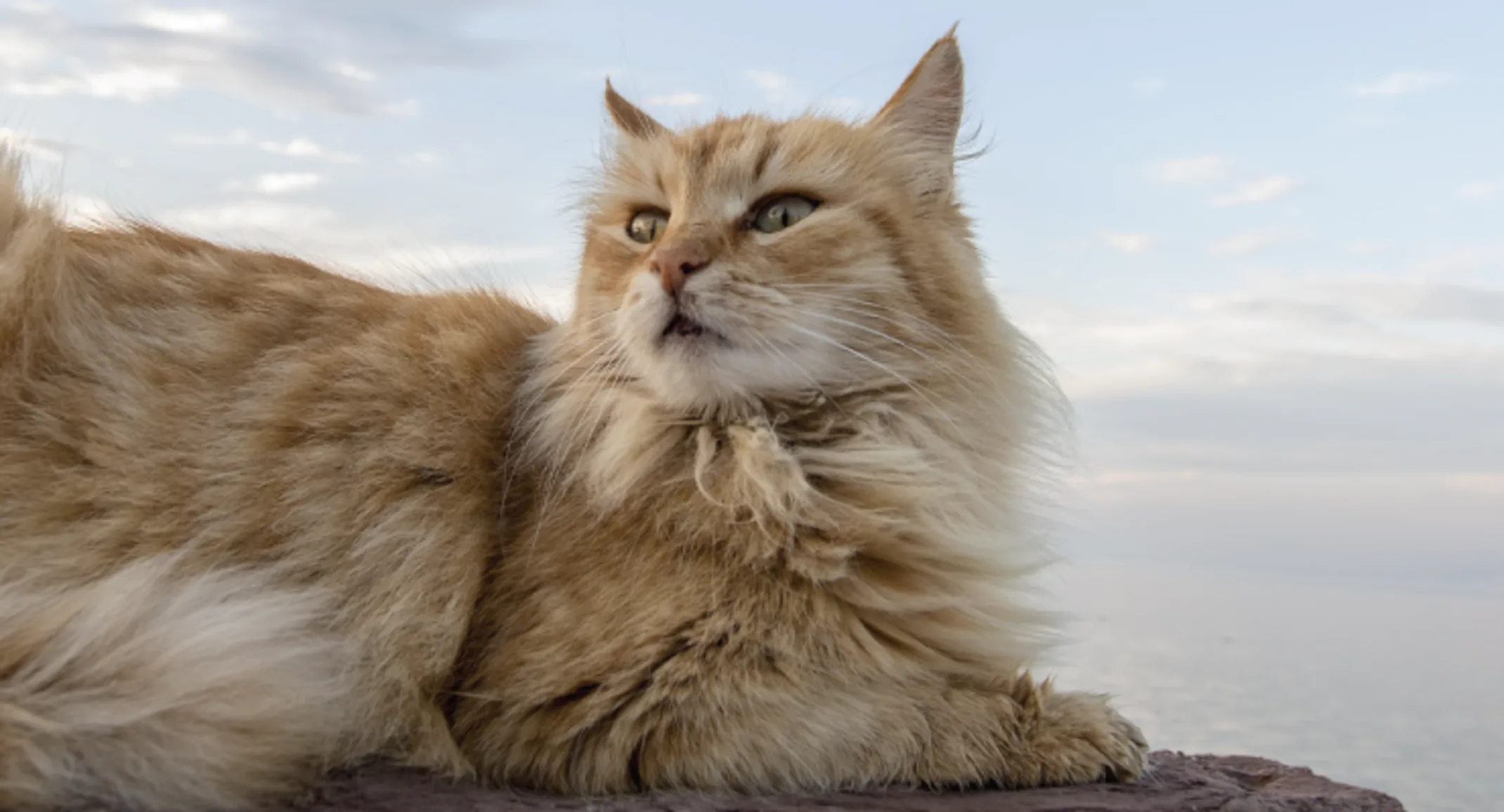Why is My Cat Overgrooming Itself?
Cats

All of us that own cats know how smart they are and that they are persistent groomers. They groom on a regular basis, especially after eating. To our cats, crumbs and splatters on their faces and whiskers are yucky and they want the tiny particles and smells removed. They dampen their paws and use the moisture on their paws to clean each area. Then they clean their paws to remove the dirt from the paws. Therefore, licking by a cat is normal and a natural grooming behavior. They may also do it when they are happy, relaxed, grooming themselves, needing self soothing, or showing affection. But when paw licking becomes obsessive, it could be much more than just grooming. Overgrooming can be caused by several things, including injury, allergies, or anxiety. Compulsive licking behaviors are often developed in cats who are bored, anxious, or stressed. The treatment your pet receives depends on the underlying cause.
Injury
If you notice your cat overgrooming, the first thing you should do is check its paws for signs of injury. Check for slivers, splinters, or any cuts that may need to be treated. If no cuts or injuries are visible, check for swelling or other obvious signs of pain. Your cat may have bruised its foot or pulled a muscle while playing or jumping. If the pain or licking seems to continue make sure to call Evergreen Veterinary Clinic in San Jose at (408) 238-0690.
Parasites or Ticks
Another reason for overgrooming is if the area has been infested with parasites or ticks. If your cat is an outdoor cat, you should regularly be checking for these things. If you checked your cat’s paws and there are no ticks, your cat may have flea bites. Even if you haven’t notices fleas on your cat, it could still have fleas and be having an allergic reaction to them. You can check for black specks on its skin under its fur. Make sure to give your cat a flea preventative and clean the areas of your house where your cat regularly hangs out to kill any larvae and prevent any further infestations.
Allergies
Allergies can harshly affect our cats. Anything from food, environment, to pollen can cause allergic reactions in your cats. Food allergies can especially cause cats to overgroom. If you recently changed food or treats and then notice a change in licking, this could be the cause. A few other signs to look for are behaviors such as being low on energy or wanting to go to sleep right after eating. These tummy stresses can trigger excessive grooming, which for cats is a self-soothing behavior. If there has not been any change in diet, you may need to consult your vet about changing your cat to a high-quality food, that is free of artificial colors, grains, preservatives, or meat byproducts. Many cats can’t digest many of the preservatives or fillers that are in a lot of cat foods. These cause allergy issues in many cats.
When to See a Veterinarian
If you have consulted your veterinarian and all medical causes have been eliminated, it could mean that your cat’s overgrooming could be because of a psychological illness. It could be something such as anxiety or obsessive-compulsive disorder. Overgrooming is often a nervous behavior that a cat will display. There are many options to help reduce this anxiety and stress in your cat. Feliway diffusers display a synthetic copy of feline facial pheromones that cats deposit when they rub their face on objects. This gives your cat a sense of familiarity and security and helps calm their stress and anxiety. Giving your cat extra places to hide and new toys may also keep your cat more relaxed and relieve some stress. Playing soothing or calming music can also calm the environment for your cat.
Your cat may also benefit from a consistent routine and for you to spend some extra time with it. This will help your cat adjust to the new changes in its life. If none of these things help or change the overgrooming behavior, you may need to see your vet to discuss a possible obsessive-compulsive behavior. This would require a medication treatment.
Paying attention to your cat’s behavior and behavior changes is necessary to determine if there is an issue. Consulting your vet is always a good option for a proper direction on what your cat’s behavior change means about their health. After all, no one knows your cat better than you and your vet. Call Evergreen Veterinary Clinic today at (408) 238-0690.
